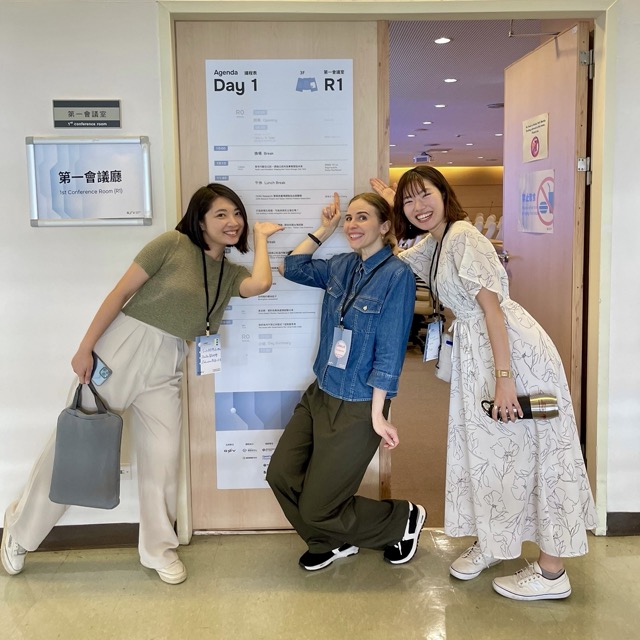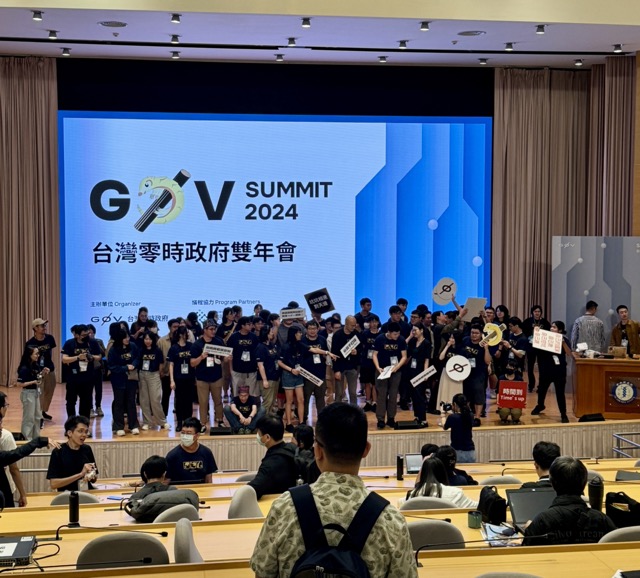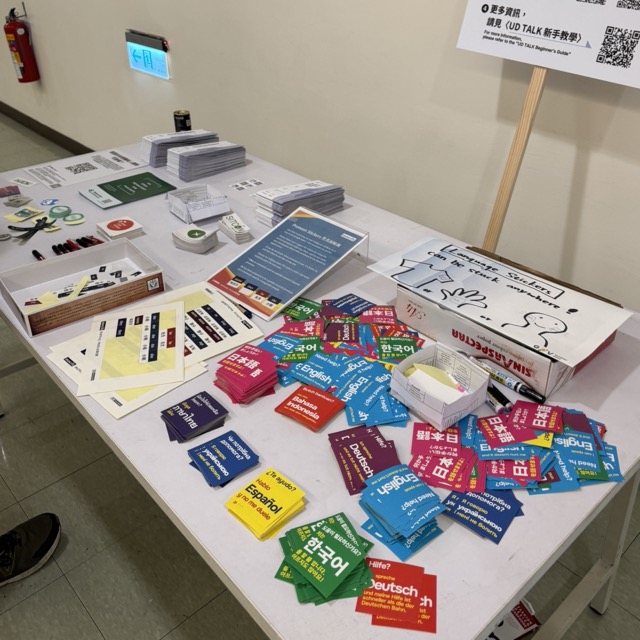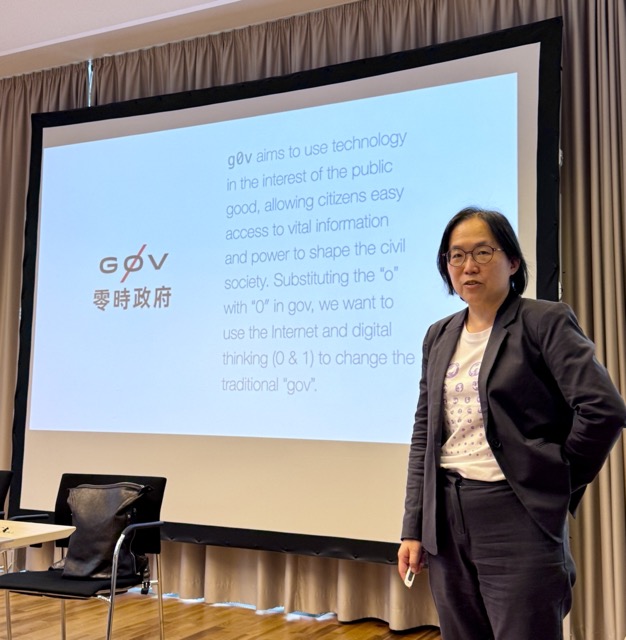From Taipei to Berlin: How Civic Tech in Taiwan Inspires Digital Democracy
Last month, we had the chance to learn more about the civic tech and open source scene in Taiwan and to exchange ideas with Taiwanese activists. The country is a model in the field of digital democracy with some success stories in the collaboration between government and civil society. Seven years ago, we reported on our first visit to Taiwan as part of an exchange program by Code for All.
In the international civic tech network, g0v is the Taiwanese counterpart to Code for Germany. The organization g0v is the Taiwanese counterpart to Code for Germany in Taiwan, g0v (pronounced “gov-zero”). Following the hands-on principle, the community develops open source technologies and civic tech projects for democratic participation. A well-known early project is the vTaiwan platform, which allows people to actively participate in legislation. The g0v hackathons take place every two months and each have 100 participants to this day.
OKF at the g0v Summit in Taipei
Every two years, the community also organizes the international g0v summit, to which we were invited in early May. After a break in 2022, the g0v Summit 2024 took place again in Taipei from May 4 to 5.
Sonja Fischbauer represented the OKF on the panel Youth-Led Innovation: Shaping the Future through Civic Tech, along with Saaya Kubota from Code for Japan and Tiff Lin from g0v. There, we discussed the formats of Jugend hackt, the work of volunteers from Code for Germany, and our challenges in working with the German administration.
Unlike the purely extracurricular offerings of Jugend hackt, both the Taiwanese g0v Sch001 and Code for Japan offer several programs for school classes and teaching staff. Both the Taiwanese g0v Sch001 and Code for Japan rely on the competitive element of prizes at hackathons, which Jugend hackt consciously does not. Code for Japan also focuses more on collaboration with companies. Mentors in the Japanese formats often get involved during their working hours and represent their company. These differences arise, among other things, from the generally available free time, the respective work culture, and the associated expectations. However, good ideas and projects for social change can be found everywhere, as we learned from the international exchange of Jugend hackt.
We also discussed the topics of the panel in two podcast episodes with Code for Japan. The episodes of Chit-Chat-Code, available on Spotify, will be published during the month.

Photo: Sonja Fischbauer; Tiff, Sonja, and Saya before their panel; License CC-BY SA 4.0

Photo: Sonja Fischbauer; The volunteer organizers of g0v on the summit stage; License CC-BY SA 4.0
Examples of Community-Government Collaboration
The internationally renowned Audrey Tang was Taiwan’s first digital minister. In her time in office, the Ministry of Digital Affairs, or MODA, established exemplary initiatives. In cooperation with the Taipei Computer Association, MODA maintains a project similar to our Prototype Fund, providing government funding for innovative ideas from small developer teams. While the Prototype Fund allows thematic freedom, the Taiwanese civic tech experimentation field focuses on specific problems identified in two different local administrations. Both Taiwanese and international teams can apply, interested individuals are matched to suitable teams. Selected teams are funded to create prototypes as proofs of concept, with which the administrations can continue working.
More on how the collaboration between civil society groups and administrations works in different countries can be found in the publication Examples of Civic Tech Communities-Governments Collaboration Around The World. It contains contributions from Taiwan, the USA, Mexico, Morocco, Tunisia, Indonesia, and Germany, the latter authored by OKF managing director Henriette Litta. The study was published by the Global Innovation Hub of the Friedrich Naumann Foundation based in Taipei, who often sponsor g0v activities and other civic tech and pro-democracy initiatives.
 Photo: Sonja Fischbauer; Stickers at the g0v summit; License CC-BY SA 4.0
Photo: Sonja Fischbauer; Stickers at the g0v summit; License CC-BY SA 4.0
The g0v Team Visits Berlin
Exactly one month after our visit to the g0v summit in Taipei, we had the pleasure of welcoming representatives of the g0v community to Berlin.
Isabel Hou, ai expert and former chair of g0v, and Tiff Lin, educator and project manager of g0v Sch001, presented their knowledge in a workshop on Civic Tech & Digital Citizenship Education on June 5. The strong community of g0v serves as a model for similar movements worldwide - they share their knowledge from over ten years in the g0v Civic Tech Project and Community Handbook.
 Photo: Sonja Fischbauer; AI and open data expert Isabel Hou at the g0v workshop in Berlin; License CC-BY SA 4.0
Photo: Sonja Fischbauer; AI and open data expert Isabel Hou at the g0v workshop in Berlin; License CC-BY SA 4.0
We are excited about the numerous contacts with Taiwan, the newly gained perspective, and the strengthened motivation to implement success stories here as well.
